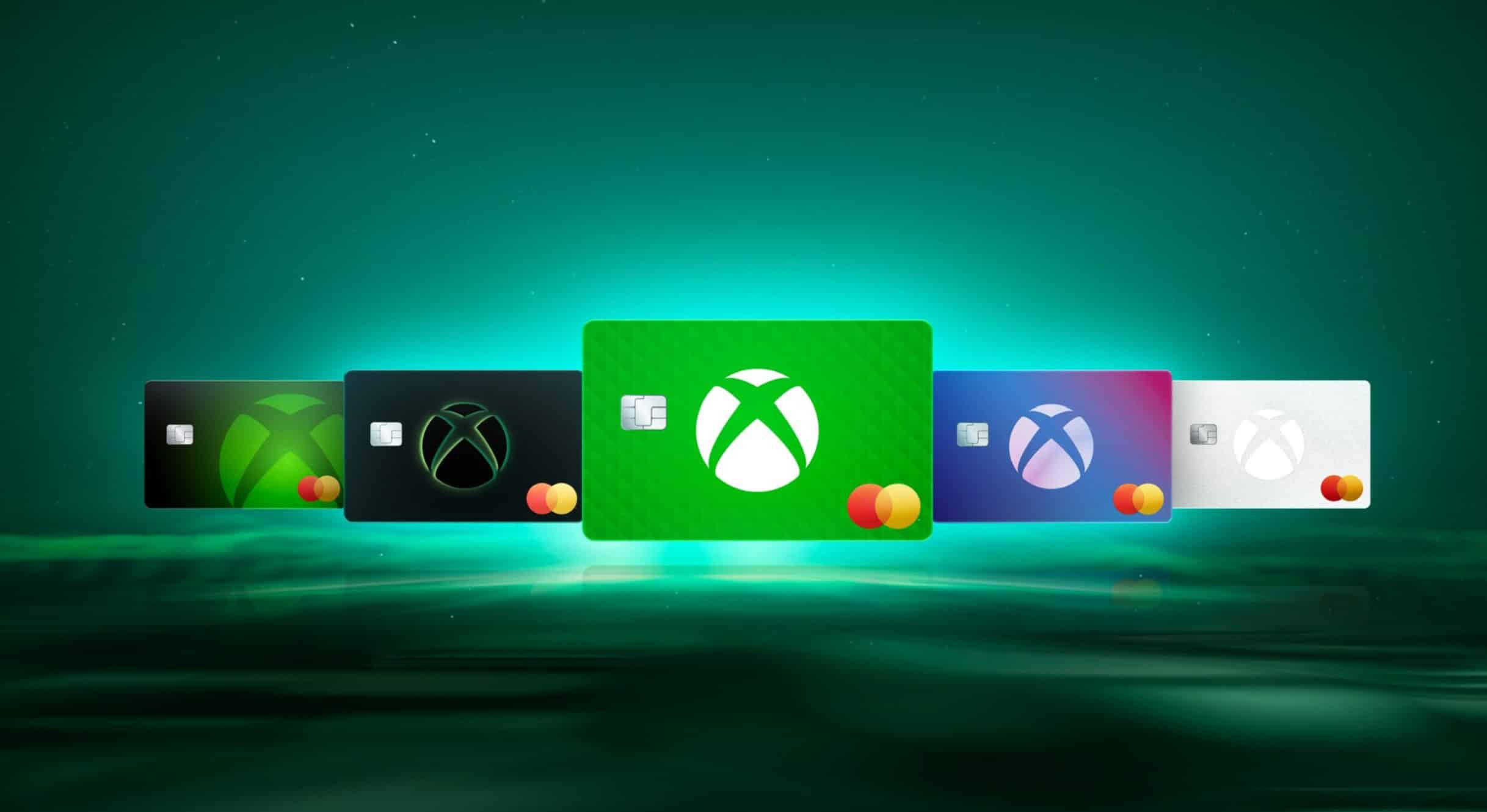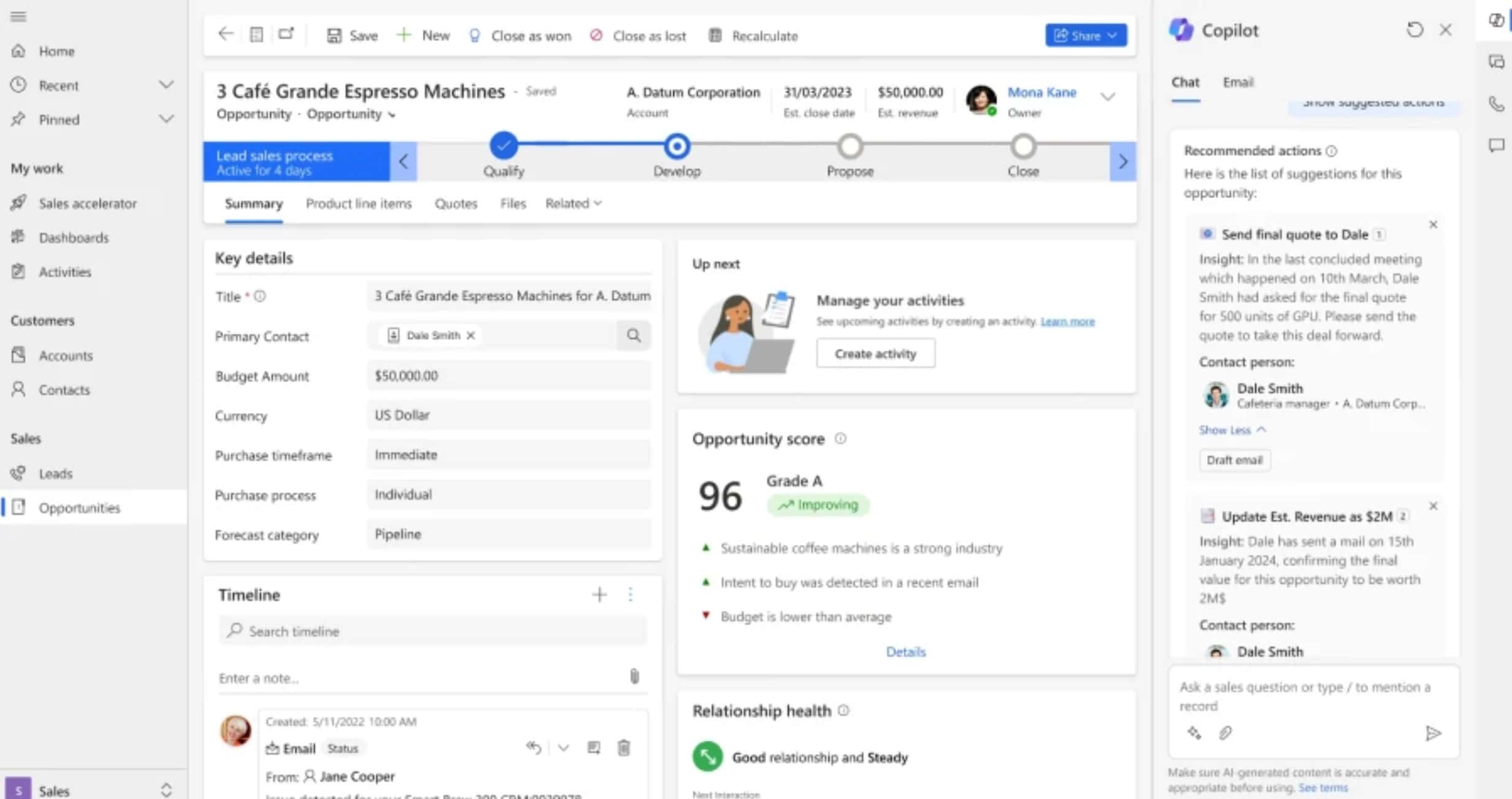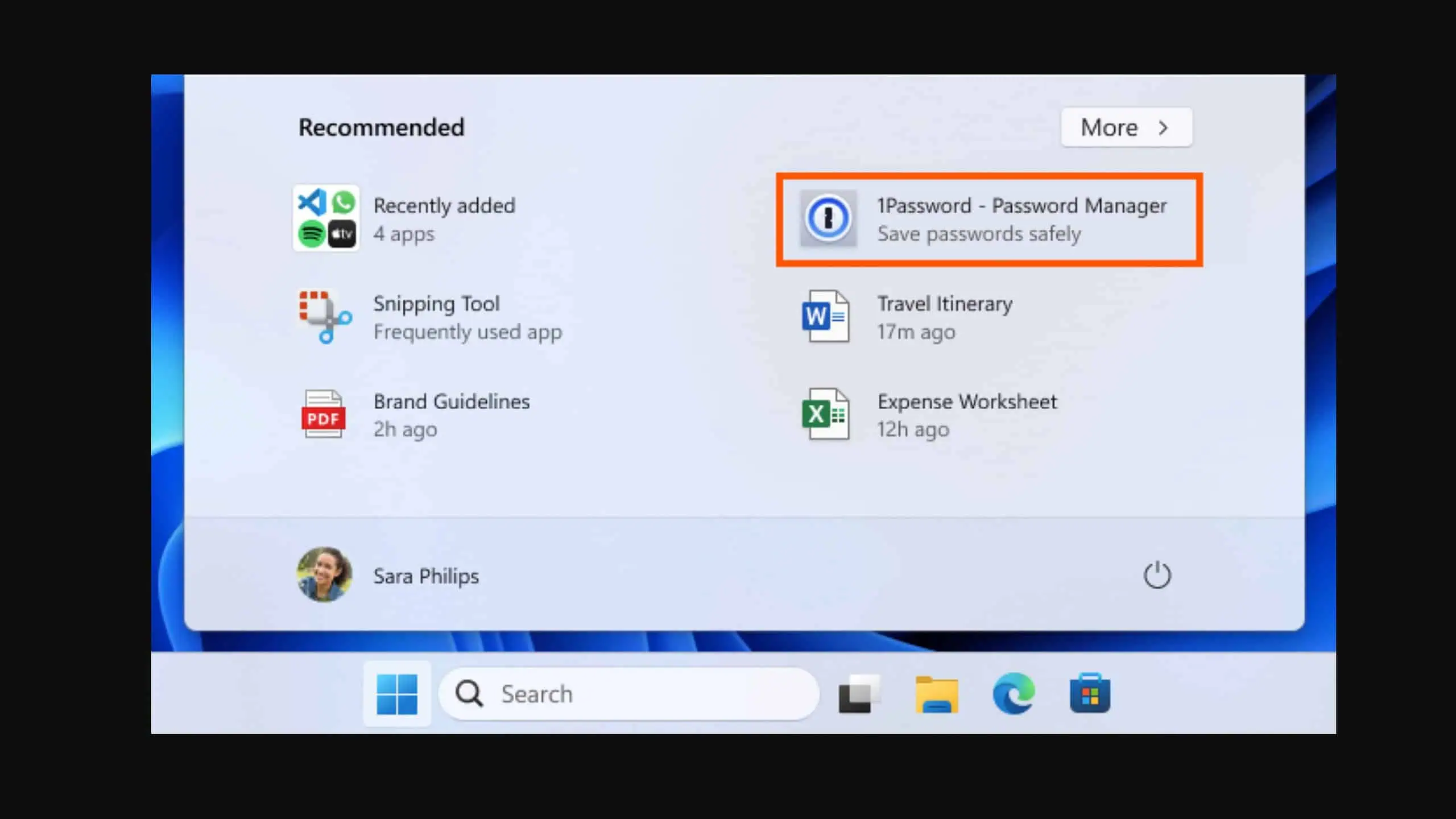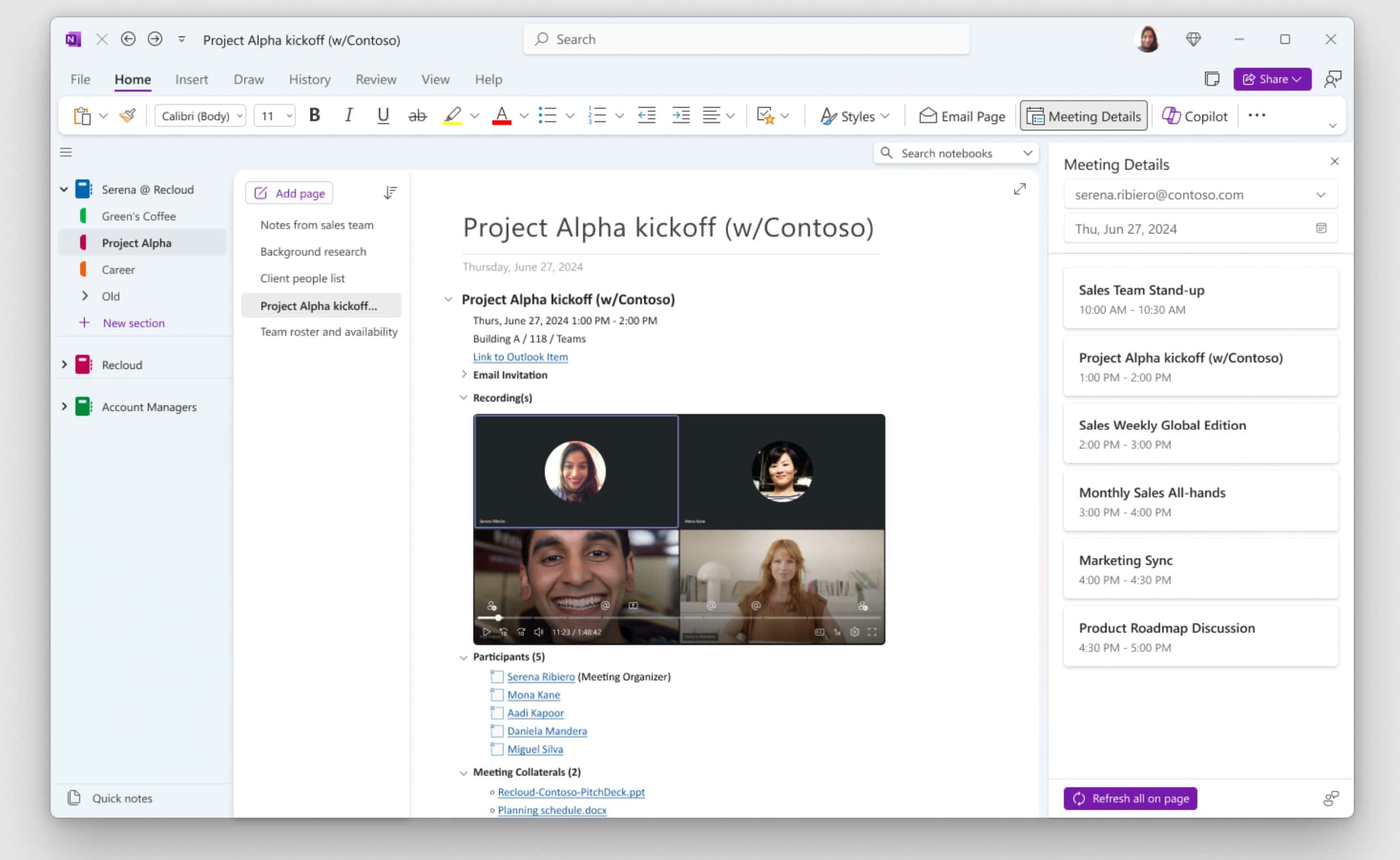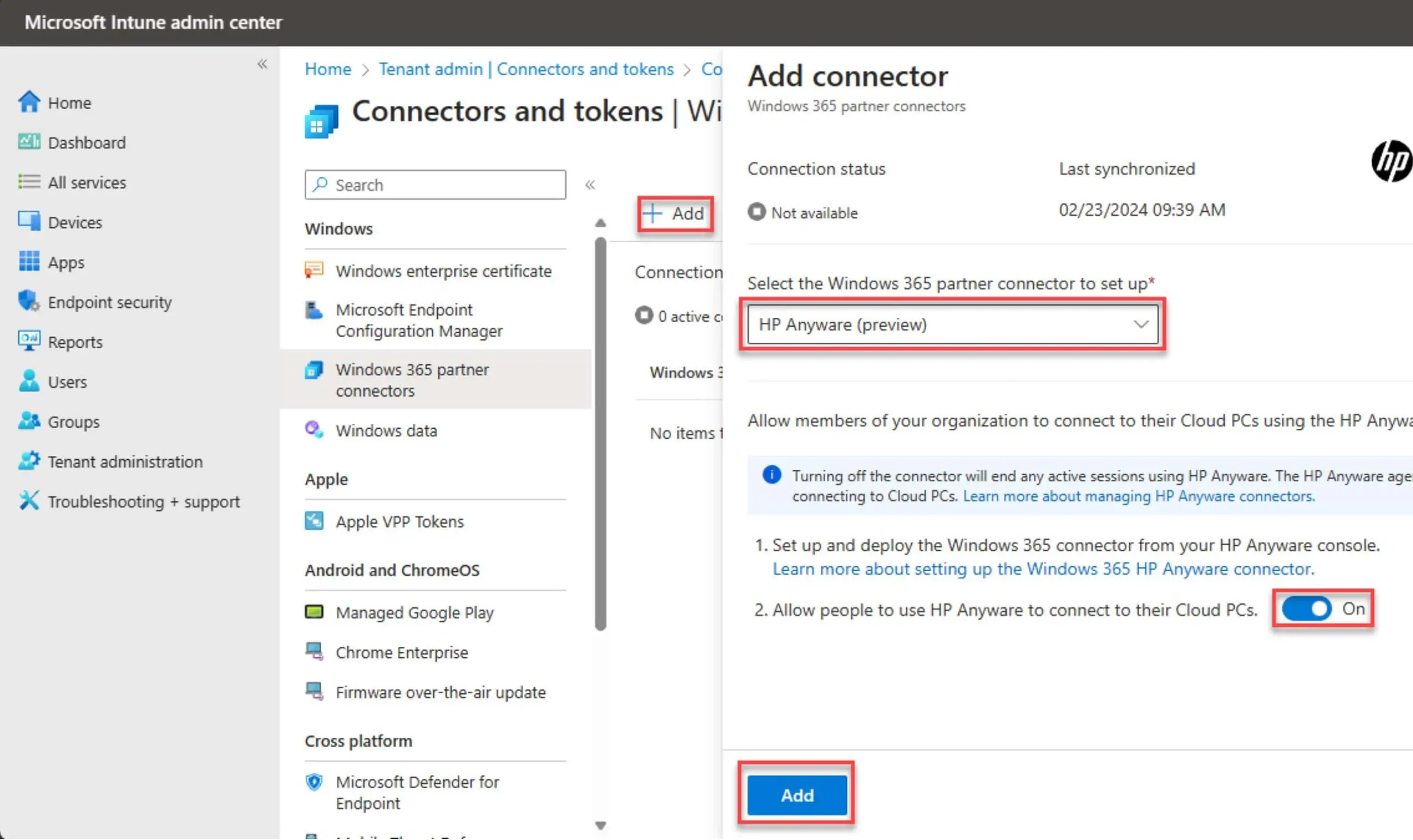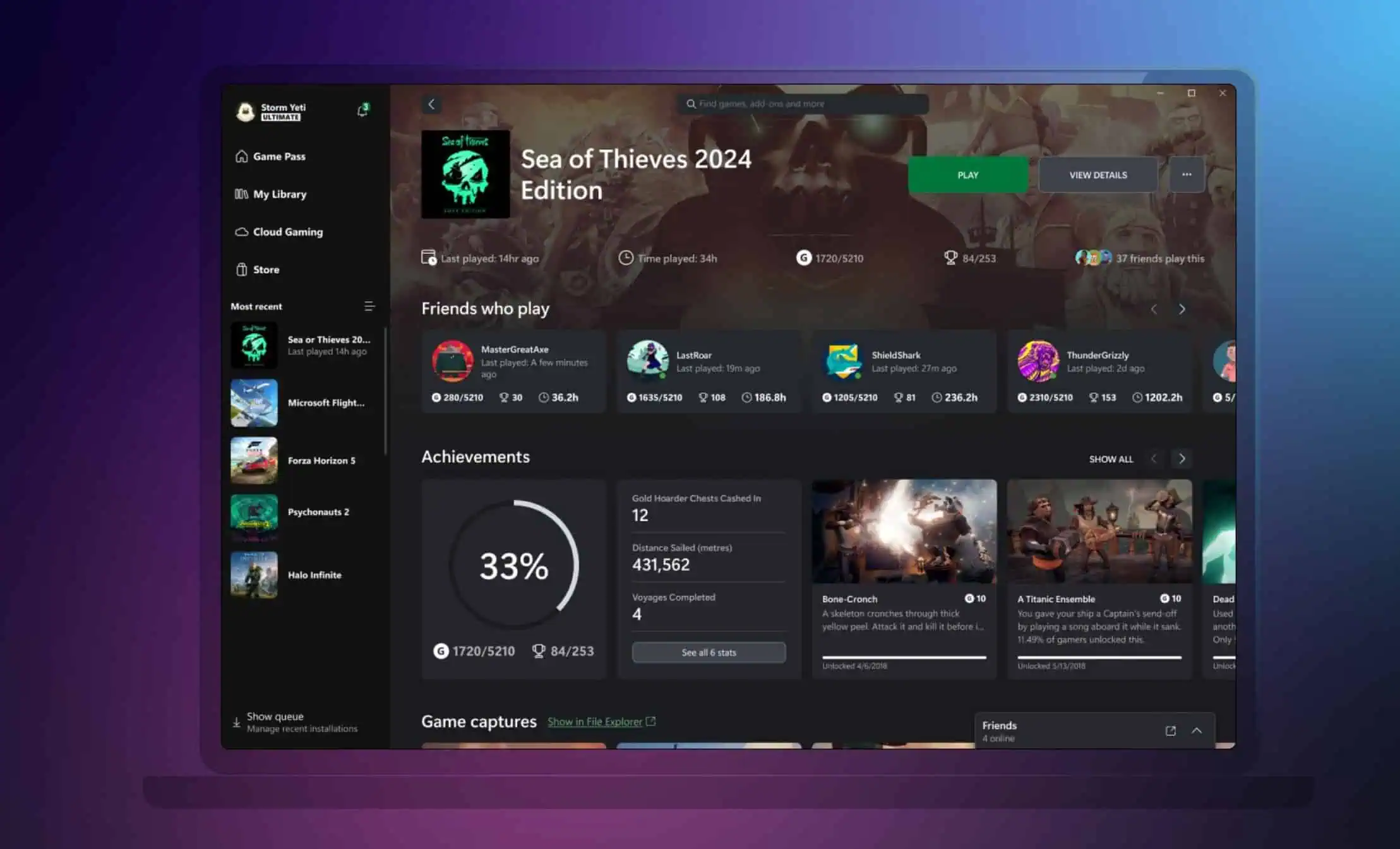Thurrott: Carriers can block more than one update
2 min. read
Published on
Read our disclosure page to find out how can you help MSPoweruser sustain the editorial team Read more
The Windows Phone model was originally supposed to unify the advantages of both Android and iOS: you get a wide array of devices to choose from, similar to Android, but OS updates would all come directly from Microsoft, similar to iOS. While that was obviously a very ambitious goal, it looked like Microsoft had indeed accomplished it: after the NoDo fiasco, the Mango roll-out was swift and fast, and completed within weeks.
But alas, things started to change for the worse again with subsequent updates: the 7740 and 8107 builds, which addressed a number of issues like the disappearing keyboard and compromised SSL certificates, have been heavily delayed by some carriers. At first, most assumed that they’d still get both updates in time, since carriers were presumably allowed to only block one update at a time; once a second one rolls out, they’d have to deliver both. There was also talk that Microsoft could bypass the carriers altogether, pushing out updates on its own.
Well, according to Paul Thurrott, this is not true. In fact, Microsoft’s official stance is that carriers can block as many updates as they want.
The misconception, Thurrott says, comes from off-the-record statements by Joe Belfiore, which were apparently miscommunicated by Microsoft and thus interpreted as official quotes when they were, in fact, under an NDA.
While you can certainly argue that Microsoft is not to blame for the incompetency of carriers, the delay of updates is a very real problem that needs to be addressed by Microsoft if it wants to draw more consumer to Windows Phone.
Source: SuperSite for Windows

